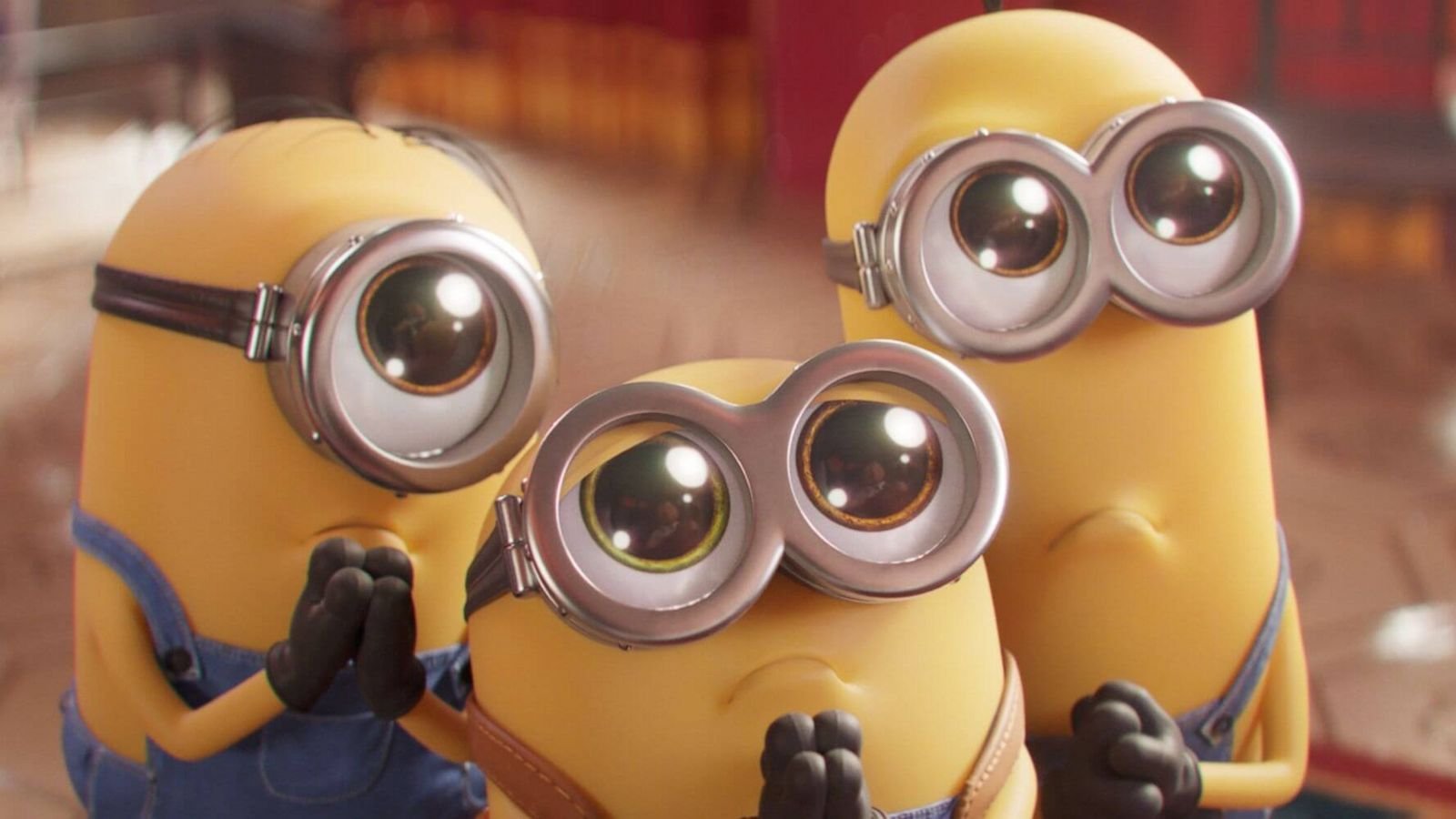Can Minionese be the new universal language?
Minionese is a true lingua franca.
Image Credit: Universal Pictures
L.L. Zamenhof, like many of us, wanted so desperately to make a difference. Looking at the world in its state of bedlam and disarray, he diagnosed the root cause of all conflict – misunderstanding.
Zamenhof, thus, charged forth with a mighty proposal to right all wrongs, and to snuff out all evil. Esperanto, he called it – a self-crafted “universal language” to promote global harmony.
Unfortunately, Zamenhof appeared to suffer from visual hemi-agnosia, and in the creation of a global language, only managed to register that the Northwestern quarter of the world existed. Justifiably incensed at the language’s Eurocentrism, few people took to learning it, which now remains relegated to corners of its birthplace, Poland, and tattered dictionaries in multilingual bookstores.
Eric Guillon, like many of us, desperately wanted to make a difference. To brighten our days with entertainment, to make our ears ring with irritating high-pitched squeaks. The writer of Minionese, or Banana Language, Guillon may have achieved what Zamenhof could have only dreamed of. And yet he was no linguist. The humble movie-maker may have felt the task was too big for his tiny, leather, minion-sized work boots, but he aced it.
Minionese is a true lingua franca. Although written in Latin script (Eurocentric count: 1), the Minions draw their words from the world’s four corners. The dastardly yellow polyglots count in Korean, use Spanish vocabulary, and offer directions in Tagalog. Their parlance is a clever cocktail of Greek, Chinese, English, French. Minionese also ventures into pristine waters, deploying a demi-onomatopoeia where words often emulate their sounds, which is not used routinely in most modern-day languages.
Of course, there are drawbacks to the language that inhibit it from attaining “universal language” status. For example, it is incredibly infuriating to all those unfortunate enough to listen, a result of its monosyllabism and repetition. Furthermore, there is limited expression in Minionese: an apparent paucity of vocabulary and synonyms. As a result, redolent of Orwellian Newspeak, the Minion’s critical thinking is fettered. Reduced to mere “ba na na”s, we never get to appreciate their true, untapped genius. Hence, you can bring a Minion to a villain, but you can’t make it scheme.
Is that what we want for the human race?

